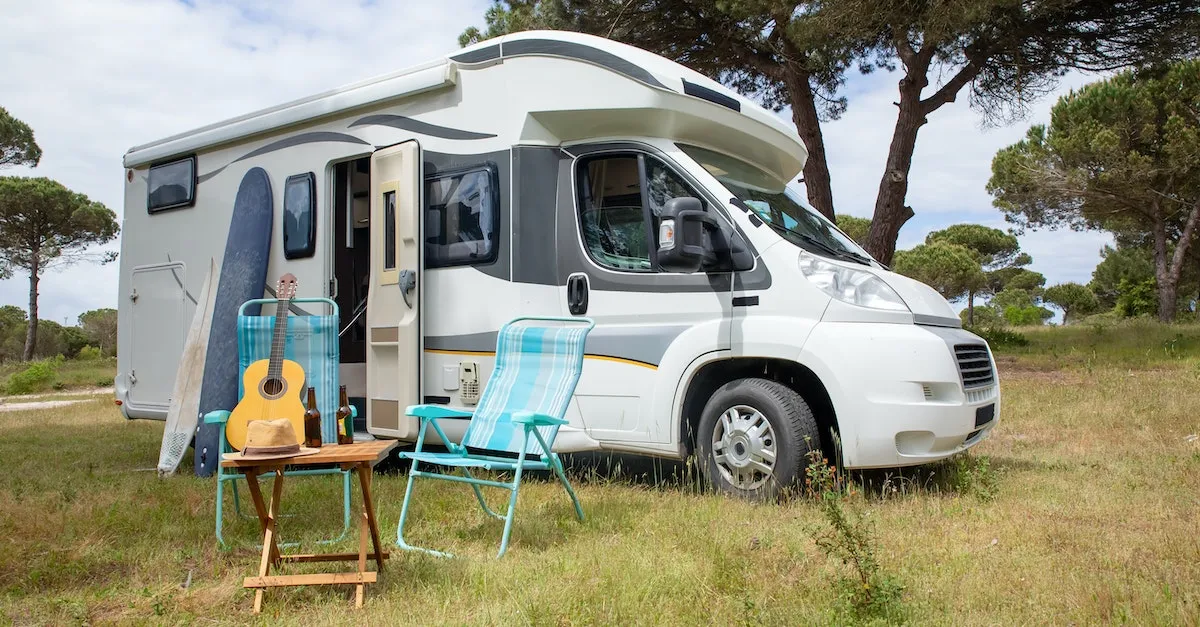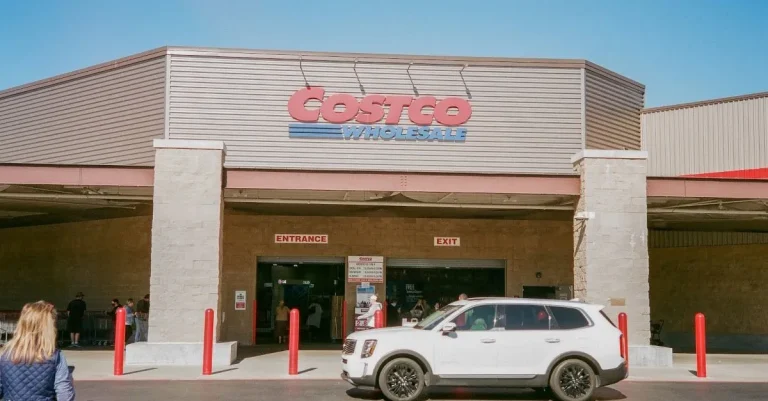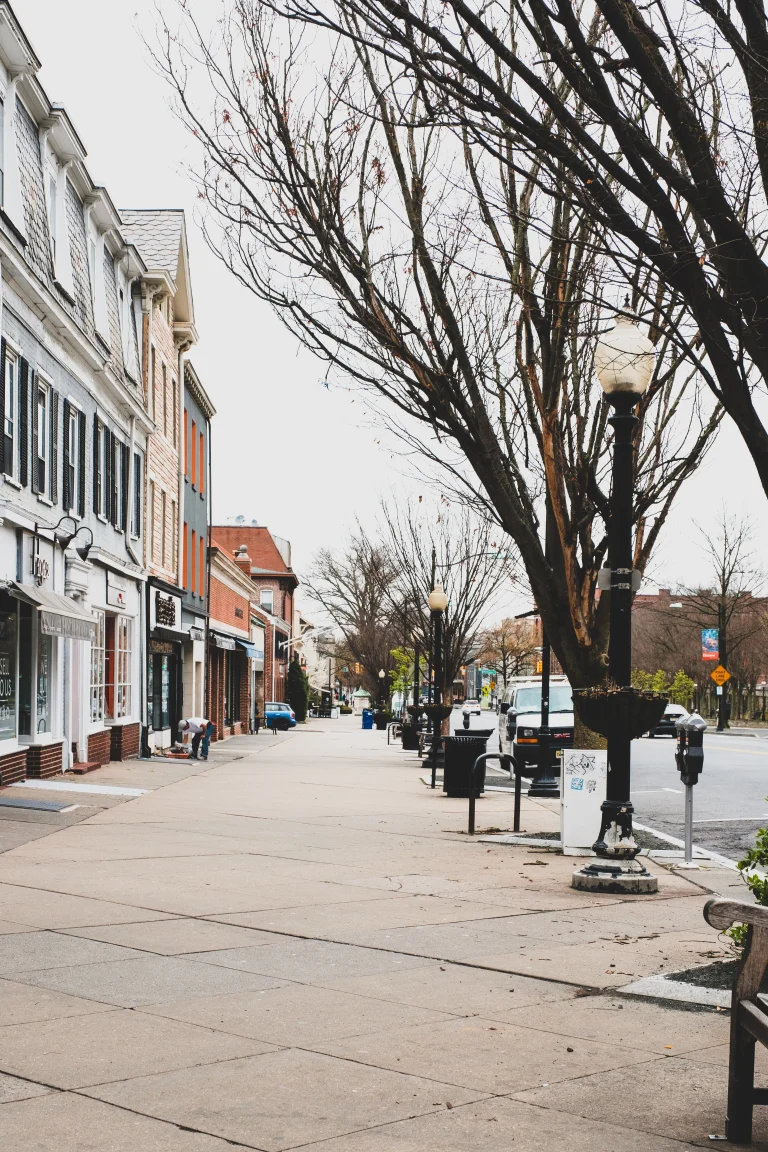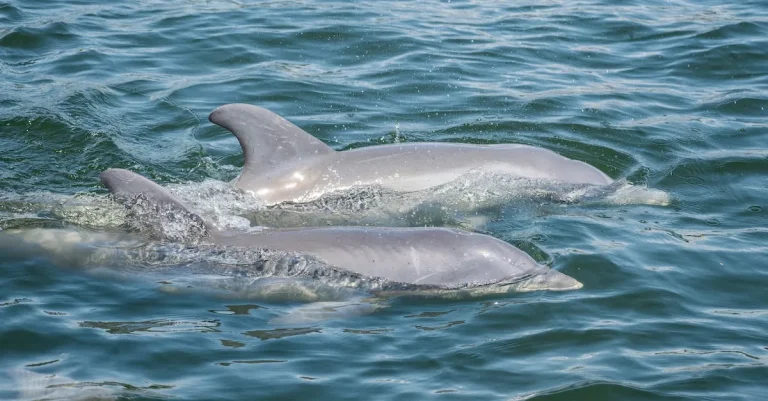Florida Counties That Allow Rv Living
The Florida lifestyle attracts many RV owners looking to live comfortably on the road. With year-round warm weather and beautiful scenery, Florida can be an ideal place for RV living. But the laws and restrictions vary between counties. If you’re considering living full-time in an RV in Florida, it’s important to know which counties allow RV living and any local regulations.
Here’s a quick answer: Many Florida counties allow full-time RV living with some limitations, but the most open counties for RVs include Flagler, Seminole, Volusia, Jackson, Walton, Bay, and Calhoun. Rural counties generally have fewer restrictions than cities.
Overview of Florida Laws for RV Living
Living in an RV can be an exciting and adventurous way to experience the beauty of Florida. Whether you’re a full-time RVer or just looking for a temporary living arrangement, it’s important to understand the laws and regulations surrounding RV living in the state.
While there are no statewide laws that specifically prohibit living in RVs, counties and cities have the authority to impose their own restrictions. Additionally, certain zoning, parking, and building codes apply to ensure the safety and well-being of residents.
No statewide laws prohibit living in RVs
One of the great things about Florida is that there are no statewide laws that prohibit living in RVs. This means that you have the freedom to choose this alternative lifestyle without any legal barriers.
However, it’s important to note that individual counties and cities may have their own regulations in place, so it’s crucial to research and familiarize yourself with the rules of the specific area you plan to reside in.
Counties and cities can impose their own restrictions
While Florida as a whole allows RV living, counties and cities have the authority to impose their own restrictions. These restrictions can vary widely from one jurisdiction to another, so it’s essential to check with local government offices or websites for specific regulations.
Some areas may have limitations on where you can park your RV, the duration of your stay, or even whether RV living is allowed at all. Researching and understanding these restrictions will help ensure a smooth and hassle-free RV living experience.
Zoning, parking, and building codes apply
When living in an RV in Florida, it’s important to comply with zoning, parking, and building codes. Zoning regulations determine the areas where RVs are allowed to be parked or occupied. Parking codes dictate where and for how long you can park your RV, especially if you’re staying in one place for an extended period.
Building codes come into play if you plan to make any modifications or additions to your RV. Familiarizing yourself with these codes will help you avoid any potential legal issues and ensure your safety and comfort.
Homestead exemption possible with RV as residence
One potential benefit of using an RV as your primary residence in Florida is the possibility of qualifying for a homestead exemption. A homestead exemption provides property tax relief to homeowners and can significantly reduce your tax burden.
However, it’s important to understand the specific requirements and limitations for obtaining a homestead exemption with an RV as your primary residence. Consulting with a tax professional or visiting the official website of the Florida Department of Revenue will provide you with accurate and up-to-date information on this topic.
Flagler County RV Living Information
Flagler County in Florida is a fantastic destination for those looking to embrace the RV lifestyle. The county has established a welcoming environment for RV enthusiasts, with several amenities and regulations in place to ensure a comfortable and enjoyable experience.
No bans on occupying RVs as residence
One of the standout features of Flagler County is that there are no bans on occupying RVs as a residence. This means that individuals and families can choose to live in their RV full-time without any legal restrictions.
The county recognizes the flexibility and convenience that RV living offers, and as a result, residents can enjoy the freedom to explore the beautiful landscapes and attractions of Florida.
Permits required for extended stays in some areas
While Flagler County is RV-friendly, it is important to note that permits may be required for extended stays in certain areas. These permits ensure that the county can properly manage and maintain its RV parks and campgrounds.
Visitors and residents interested in staying for an extended period should check with the county’s zoning and planning department to determine if a permit is necessary. This ensures compliance with local regulations and helps maintain the quality of RV living in Flagler County.
Several RV-friendly campgrounds available
Flagler County offers several RV-friendly campgrounds that cater to the needs of RV enthusiasts. These campgrounds provide various amenities, including full hookups, spacious sites, and recreational facilities.
Some popular options include the Bulow RV Resort, Gamble Rogers Memorial State Recreation Area, and Beverly Beach Camptown RV Resort. These campgrounds offer a range of amenities and activities to enhance the RV living experience, making Flagler County an ideal destination for RV enthusiasts.
Areas near coast ideal for RV access
Flagler County’s location near the coast makes it an ideal destination for RV access. With its stunning beaches, outdoor recreational opportunities, and beautiful coastal scenery, RV enthusiasts can easily explore and enjoy all that Flagler County has to offer.
Whether it’s fishing, boating, or simply relaxing by the beach, the coastal areas of Flagler County provide endless possibilities for RV adventures.
Seminole County RV Living Guide
No restrictions on using RV as primary home
If you’re looking to live in an RV in Seminole County, Florida, you’re in luck! Seminole County has no restrictions on using an RV as a primary residence. This means that you can enjoy the freedom and flexibility of living in your RV without any legal hurdles.
Whether you’re a retiree looking for a change of scenery or a digital nomad seeking adventure, Seminole County offers a welcoming environment for RV enthusiasts.
Cannot park long-term on public streets
While Seminole County allows RV living, it does have regulations in place regarding parking. Long-term parking of RVs on public streets is not allowed. This is to ensure the safety and aesthetics of the community. However, there are plenty of alternatives available for RV parking in Seminole County.
RV parks in Sanford, Lake Mary, Oviedo
Seminole County is home to several RV parks that provide excellent amenities for RV enthusiasts. In Sanford, you can find the beautiful Lake Monroe Park, which offers stunning waterfront views and a range of recreational activities.
Lake Mary RV Resort is another highly regarded option, with its well-maintained facilities and friendly atmosphere. Oviedo Oaks RV Park is another popular choice, known for its peaceful setting and proximity to nature trails.
Low traffic and crime rates
Seminole County boasts low traffic and crime rates, making it an ideal place for RV living. With its well-maintained roads and efficient transportation system, you can easily navigate the county in your RV. Additionally, the low crime rates provide peace of mind and a sense of security for residents.
Whether you’re exploring the natural beauty of Seminole County or enjoying the vibrant local culture, you can do so without worrying about safety concerns.
Volusia County RV Living Tips
RV living allowed, but permit required in some cities
Volusia County in Florida is a great place for RV enthusiasts looking to live on the road. While RV living is allowed in the county, it’s important to note that some cities within Volusia County may require a permit for long-term RV residency.
It’s always a good idea to check with the local government office or the city’s website to understand the specific regulations and requirements.
Daytona Beach suitable for RV parks
Daytona Beach, located in Volusia County, is a popular destination for RV enthusiasts. The city offers several RV parks and campgrounds that cater to the needs of RV residents. These parks provide various amenities such as full hook-ups, recreational facilities, and proximity to the beach.
Whether you’re looking for a short-term stay or a long-term residency, Daytona Beach offers a suitable environment for RV living.
Blue Spring State Park ideal campground
If you’re looking for a natural and picturesque campground in Volusia County, then Blue Spring State Park is an ideal choice. This state park offers RV camping sites surrounded by lush greenery and the crystal-clear waters of the Blue Spring.
RV residents can enjoy activities such as hiking, swimming, and wildlife watching. It’s advisable to make reservations in advance, especially during peak seasons, to secure a spot in this popular campground.
Snowbird friendly policies
Volusia County is known for its snowbird-friendly policies, making it an attractive destination for RVers seeking warmer weather during the winter months. Many RV parks and campgrounds offer special rates and amenities for snowbird residents.
With its mild winters and vibrant community, Volusia County welcomes snowbirds with open arms, providing a great opportunity to make new friends and enjoy a variety of recreational activities.
Other Top Florida Counties for RV Living
Jackson – No RV restrictions, low taxes
If you’re looking for a county in Florida that welcomes RV living with open arms, look no further than Jackson County. This hidden gem offers a variety of RV-friendly communities and campgrounds, and best of all, there are no restrictions on how long you can stay in your RV.
Whether you’re a snowbird looking for a winter getaway or a full-time RVer, Jackson County has you covered. Additionally, the low tax rates in this county make it even more appealing for those looking to save money while enjoying the RV lifestyle.
Walton – Parks along the beach allowed
For RV enthusiasts who dream of waking up to the sound of crashing waves and the smell of saltwater, Walton County is the place to be. This beautiful county on Florida’s Gulf Coast allows RV parks along the beach, giving residents and visitors the opportunity to experience the ultimate beachfront RV living.
Imagine stepping out of your RV, feeling the sand between your toes, and enjoying breathtaking sunsets right outside your door. It’s no wonder why Walton County is a top choice for RV enthusiasts who crave a beachy lifestyle.
Bay – Long-term RV parks available
If you’re looking for a county that offers long-term RV living options, Bay County should be on your radar. With a variety of long-term RV parks available, you can set up camp and stay for an extended period of time.
Whether you’re looking to escape the harsh winter months up north or you simply want to explore everything that Bay County has to offer, you’ll find plenty of options to suit your needs. From amenities such as swimming pools and fitness centers to organized activities and social events, these long-term RV parks provide a sense of community and convenience.
Calhoun – Very limited RV regulations
For RVers who prefer a more laid-back lifestyle with minimal restrictions, Calhoun County is worth considering. This county has very limited RV regulations, allowing you the freedom to live and travel in your RV without unnecessary rules and regulations.
Whether you choose to stay in a campground or find a spot on private land, you’ll have the flexibility to create your own RV living experience. Calhoun County is perfect for those who value independence and want to live life on their own terms.
Conclusion
With the right county and location, Florida can be a true paradise for RV living. For the most open laws allowing full-time RV residents, focus your search on Flagler, Seminole, Volusia, and other rural counties. Always check local ordinances, zoning laws, and permit requirements first. With mild weather, beautiful scenery, and plenty of places to explore, Florida is a RV-friendly state if you find the right community.








